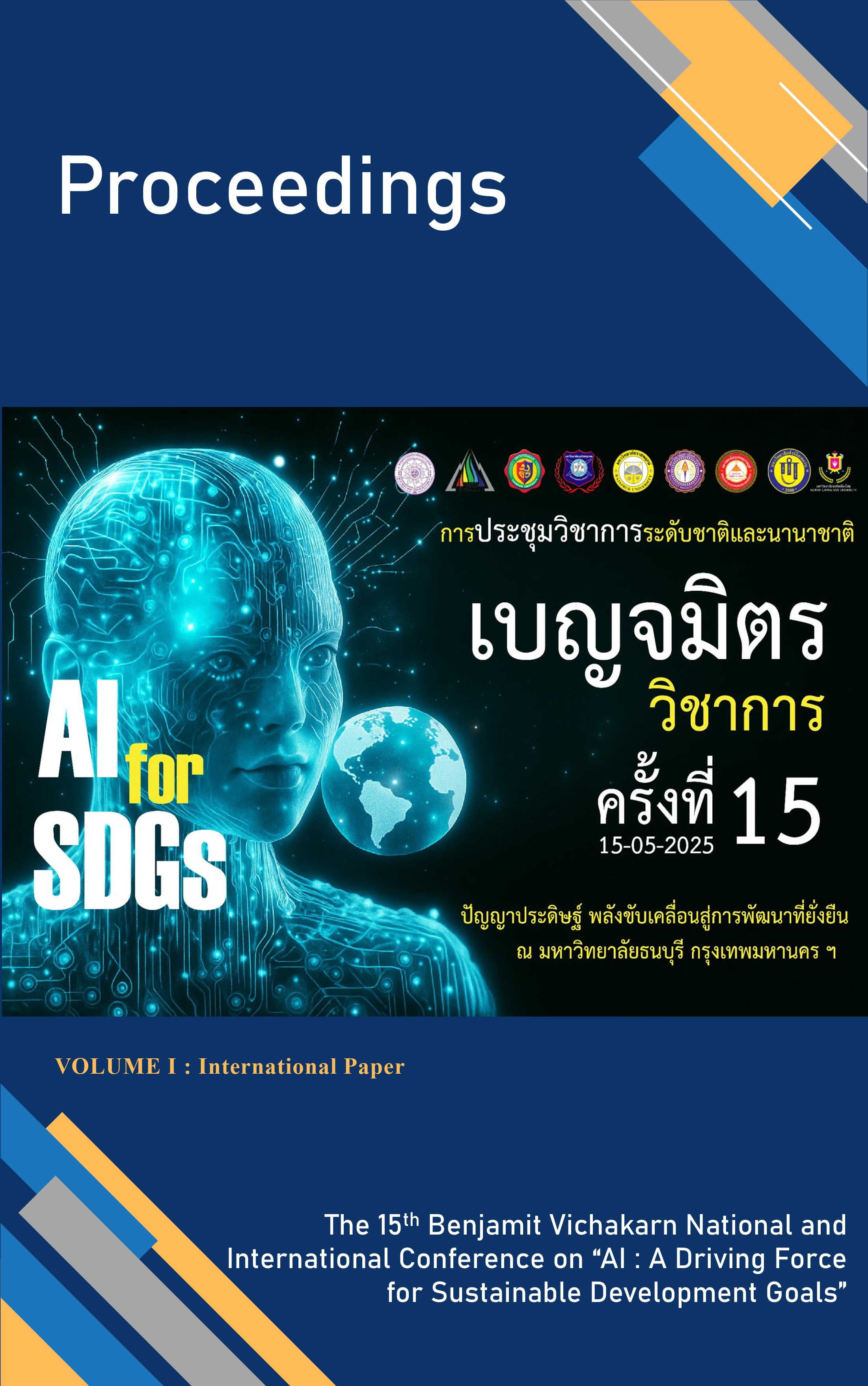Factors of Success in Private College Administration: Analysis of the Role of Leadership and Quality of Educational Services in the Manee Rattana Vocational and Technical College
Main Article Content
Abstract
This research explores the relationship between leadership effectiveness and educational quality within private higher education institutions, focusing on Manee Rattana Vocational and Technical College (MRVT College). Using a mixed-methods approach, the study examines how leadership practices influence institutional growth, curriculum design, faculty development, and overall student satisfaction. The research addresses two main questions: How do leadership practices impact educational quality, and what role does curriculum design play in student success and institutional quality? Data were collected through structured questionnaires, in-depth interviews, and focus group discussions with administrative leaders, faculty members, and students. The findings reveal that leadership plays a significant role in enhancing curriculum flexibility, supporting faculty development, and improving student satisfaction. However, challenges such as resource constraints, faculty resistance to change, and the need for more practical learning opportunities were identified. The study also highlights the importance of technology integration and faculty involvement in decision-making processes. Based on these findings, recommendations include increasing faculty participation in curriculum design, investing in technological resources, and enhancing professional development opportunities for both faculty and administrative leaders. The research underscores the crucial role of effective leadership in shaping the educational environment and suggests that by addressing these challenges, MRVT College can further improve its educational quality and institutional performance.

